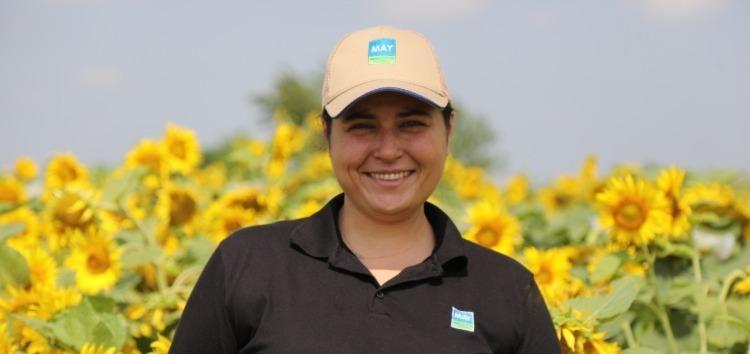- Bank more than doubled its investments in gender-focused projects in 2021-22
- Thirty-seven per cent of Bank investments in 2022 were Gender SMART
- Almost a quarter of Bank investments promoted equality of opportunity and human capital resilience, especially in regions affected by war and crisis
The European Bank for Reconstruction and Development (EBRD) has been scaling up its efforts to promote equality of opportunity and to increase the role of women in the economies where it invests.
The successful incorporation of EBRD’s new Gender SMART process into all sectors, led to a record 37 per cent Gender SMART investments in 2022, up from 35 per cent in 2021 and 15 per cent in 2020. The process aims to achieve an investment culture driven by gender equality.
As part of its climate investment and associated policy engagement, the Bank has stepped up its work to support equality of opportunity and increase the role of women, in particular. At the COP27 climate conference in November 2022, the EBRD unveiled the Gender Equality in Climate Action (GECA) initiative in partnership with the African Development Bank and l’Agence Française de Développement. GECA helps countries to better integrate gender into their national climate commitments and plans, and assists companies in giving more women access to green skills and jobs.
The Bank also increased investment to foster a more effective care economy, with a first pilot programme taking place in Türkiye, and to address skills shortages, especially green and digital skills. Other areas of innovation included the introduction of inclusive procurement models in the Western Balkans and investments in gender-responsive infrastructure systems across the EBRD regions.
The Bank’s flagship Women in Business programme, launched in 2014, continues to have a positive impact on women entrepreneurs across the Bank’s regions. It is now active in 25 economies and has provided more than €900 million in funding through partner banks. In total, more than 100,000 women-led micro, small and medium-sized enterprises have received financing or advice through the programme.
Women in Business is complemented by targeted policy reforms to build inclusive and gender-responsive financial systems and entrepreneurial ecosystems. In Central Asia, more than 30 legal and regulatory changes were introduced as a direct result of the EBRD’s engagement and this work is being expanded across the EBRD regions, including the Western Balkans and the southern and eastern Mediterranean.
The Bank also stepped up investment to promote equality of opportunity to more than 24 percent in 2022 from 14 percent in 2021. Under the Resilience and Livelihoods Framework, the Bank is ensuring that the vast majority of its investments in Ukraine and other countries affected by the war actively support human capital resilience and the preservation of livelihoods, jobs and access to vital services.
The EBRD’s provision of emergency liquidity to the Ukrainian City of Lviv aimed to enable the municipality to manage the additional costs associated with supplying accommodation, healthcare, education, heating and other vital services to the 120,000 internally displaced persons (IDPs) who have settled there, as well as to help IDPs integrate into the local economy.
As part of its large investments in Ukrenergo and Naftogaz to ensure Ukraine’s energy security, the EBRD also offered the companies urgently needed workforce crisis management support and assistance with the retraining and redeployment of the workforce after large numbers of employees fled or became involved in the war effort.
The Bank is also working in partnership with the Ministry of Education of Ukraine, the European Union’s EU for Skills Programme and public- and private-sector employers to assess the training needs of Ukrainian businesses, to promote the restoration of market-relevant skills and to boost the resilience of Ukraine’s human capital.
Across the EBRD regions, the Bank is actively supporting clients in investing in green and digital skills so that they can innovate and grow. To bolster the energy sector in Egypt, the Bank has worked closely with El Sewedy Electric and the El Sewedy Training Academy to train more than 200 young men and women in green and digital skills.
El Sewedy Group, with support from the EBRD, also championed the establishment of the country’s first Sector Skills Council in the industrial engineering sector, in collaboration with the Ministry of Industry, the Ministry of Education and Technical Education, the EU Technical and Vocational Education and Training (TVET) II Programme and the private sector.
Through an e-mobility project to deliver 100 electric taxis in the Tajik capital of Dushanbe, the Bank supported the creation of economic opportunities for 250 people by offering them training programmes and improving their skills in the emerging electric vehicle sector. It also offered women in Tajikistan a role in a sector from which they had been largely excluded.
The rise in gender-related and inclusive projects was rooted in the Bank’s implementation of its Strategy for the Promotion of Gender Equality 2021-25 and Equality of Opportunity Strategy 2021-25.




